Agriculture
Global Carbon Field Trial Program
To advance our climate-smart agriculture efforts, we launched the Global Carbon Field Trial Program—a multi-year initiative testing and demonstrating tools and resources under real farming conditions across diverse crop systems. Our goal is to provide farmers with reliable climate-smart solutions that integrate sustainable practices into their operations, positively impacting both the environment and their livelihoods.
We have set ourselves a goal of lowering greenhouse gas emissions by 30% per ton of crop produced by 2030 in wheat, corn, rice, canola and soybean. To achieve this goal, we are actively working on innovating the means, methods, measures, tools and production practices involved in climate-smart agriculture.
Through our Global Carbon Field Trial Program, we evaluate different combination of technologies and interventions for what works to reduce the greenhouse gas intensity for the type of crop, regional farming practices and local climate and environment, in real field conditions.
Below you will find the latest report from our Global Carbon Field Trial Program, as part of our journey toward climate-smart agriculture. This edition focuses on rice.

Carbon Field Trials Report 2025
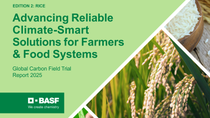.png)
What the experts say about our latest report
In 2024, we shared the first results from our Global Carbon Field Trial Program. This edition focuses on crops such as wheat, soy, rice, canola and corn.
Read our report below:
The science behind our carbon field trials
As a critical step to reach our climate-smart agriculture target, we initiated a Global Carbon Field Trial Program to continue identifying practices that support farming to become more carbon efficient and resilient. For the crops defined in the target, field trials were established to demonstrate combinations of sustainable practices, innovative products, and digital solutions that reduce emissions and/or increase yield compared to standard practices.
To estimate the carbon footprint of crop production, we use the concept of greenhouse gas intensity (GHGi). This is the ratio between the emissions of the production system in a specific area (kg CO2e·ha-1) and the yield (ton crop·ha-1). The GHGi (kg CO2e·ton crop-1) is a measure of the efficiency of the crop production system with respect to its emissions (reported as CO2 equivalent, CO2e); therefore the lower the value, the higher its carbon efficiency.
Our trials around the globe
Our team
Our next steps
We see these trials as an important source of validated information and data that can then be put into practice as part of our Carbon Farming Program. These learnings are already discussed with customers and farmers in different countries and regions and cropping systems, on their own fields, so that we can help co design the most optimal carbon farming program to meet their specific needs and objectives and drive down GHG emissions in agriculture. Our intention through this work is to identify the best interventions that deliver the ultimate CO2e reductions and maximizing their potential for generating carbon credits on their land, now and for the long term. We are committed to being a trusted partner to farmers on this transformative journey towards decarbonization and climate change resilience.
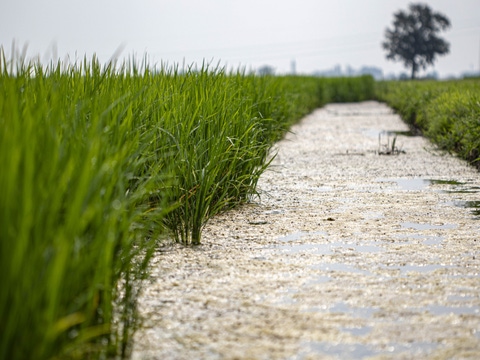





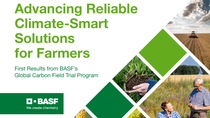
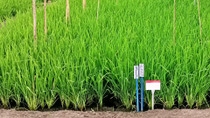
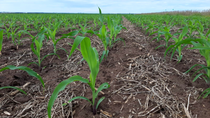
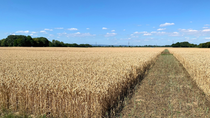
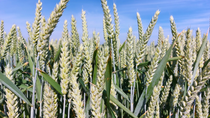.png)


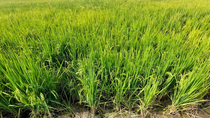
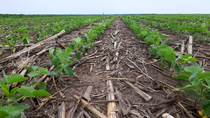
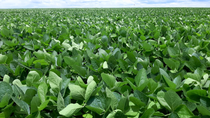
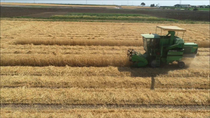
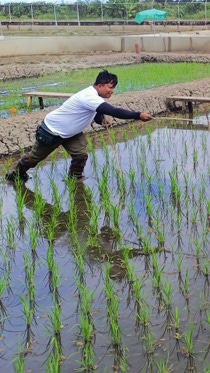
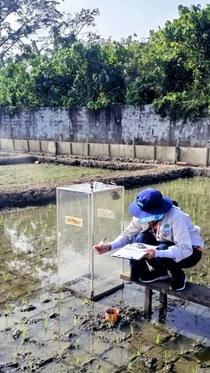
.png)
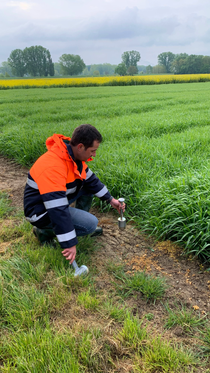.png)

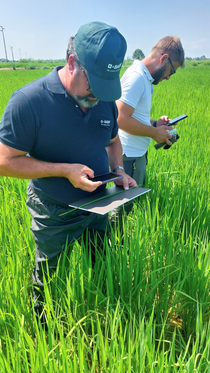
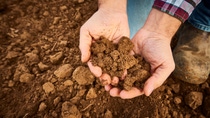
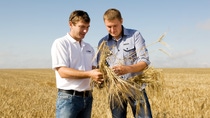

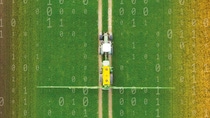.jpg)